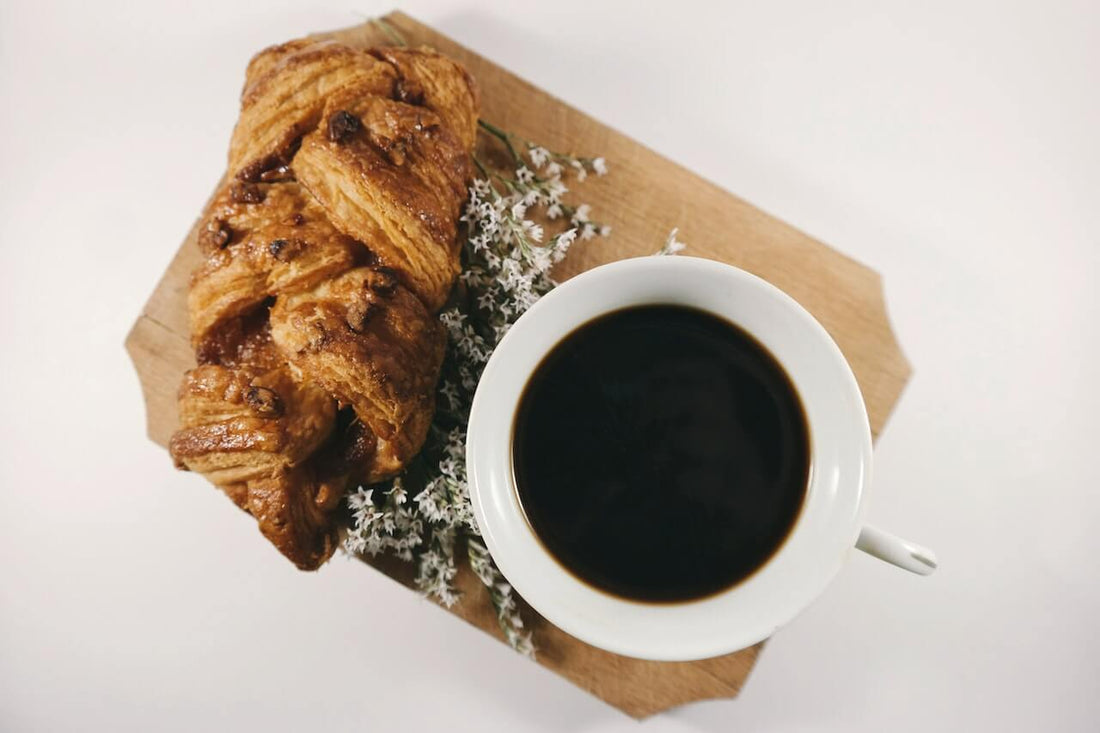
Why Bali Coffee Is One of a Kind
Share
There is nothing like beginning a nice day with a cup of coffee brewed with locally-harvested beans. Luckily, Bali has a variety of unique coffees to enjoy, as well as a strong cafe culture. This means that it is easy to find a great cup of coffee and affordable to enjoy one regularly.
The roasted coffee beans from Bali are excellent! You can find all sorts of coffee, from the famous Kopi Luwak coffee to more affordable options. If you're ready to find out why Bali coffee is truly one of a kind, read on as we share more about it:
How Coffee Came to Bali
The coffee industry in Bali has a long history dating back to the Dutch colonial period.
The Dutch were the very first to bring coffee to Bali, planting the first coffee trees on the island in the 1600s. The coffee industry flourished under Dutch rule, and by the 1800s, Bali was one of the world's largest coffee producers. The coffee plantations were primarily located in the central and southern parts of the island.
After the Indonesian independence in 1945, the coffee industry in Bali declined. The new Indonesian government nationalized the coffee plantations, and many farmers left the industry. In the 1980s, the coffee industry in Bali started to recover as the government began privatizing the plantations.
Today, coffee is grown on small farms all over Bali. The coffee industry is an integral part of the island's economy. The coffee grown in Bali is known for its rich flavor and unique taste. The coffee industry in Bali is still growing, and there are now many coffee shops and cafes serving delicious cups of Balinese coffee.
What Is Kopi Luwak
Kopi Luwak is the world's most expensive coffee, costing up to $600 per pound. This unique coffee is made from the beans of coffee berries eaten by the civet, a small mammal native to Southeast Asia.
The civet eats the coffee berries for their fleshy pulp. During digestion, enzymes in the civet's stomach break down the coffee bean's protein, which results in a coffee with less bitterness.
Kopi Luwak has a unique flavor that is often described as earthy, with notes of chocolate and caramel. It is also less acidic than other coffees and has a smooth, creamy texture.
Due to its rarity and high cost, Kopi Luwak is often considered a luxury item. It has been featured several times on television shows such as "The Colbert Report" and "The Oprah Winfrey Show."
Balinese Robusta
Robusta coffee is a variety of coffee bean that is grown in Indonesia. The coffee beans are larger and have a higher caffeine content than Arabica coffee beans. Robusta coffee is mainly used in instant coffee and espresso.
The flavor of Robusta coffee is often described as earthy or bitter. Some people also taste hints of chocolate or nuts. This coffee is usually used as a base for flavored coffee drinks.
Balinese Arabica
Balinese Arabica coffee is some of the best coffee in the world. It is grown in the highlands of Bali, Indonesia, at an altitude of 1,200-1,800 meters above sea level. The climate in Bali is perfect for producing coffee thanks to its warm days and cool nights. The coffee beans are hand-picked and sun-dried before being roasted to perfection.
The result is a coffee with a unique flavor that is both sweet and spicy. Balinese Arabica coffee is truly a coffee lover's dream come true. If you are lucky enough to find Balinese coffee, be sure to savor them. It is an experience you will never forget.
Conclusion
In conclusion, coffee from Bali is truly an experience. The coffee is rich and flavorful, with just a hint of sweetness. It is perfect for those who enjoy a strong cup of coffee. The organic coffee beans are roasted to perfection, and the coffee is then brewed using a traditional method. This results in an aromatic cup of coffee that is full of flavor.
Black Aswad is where you can get specialty coffee from Bali that is hand-picked from Kintamani, Bali. Experience the unique flavor of Bali's organic coffee today!
